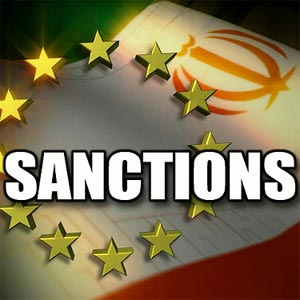Russia, Iran and the Fourth Round of Sanctions

"We hope that the voice of the international community will be heard by the Iranian leadership," Dmitri Medvedev said. "One cannot continue behaving irresponsibly. It is important to listen to what is said in the international arena." (Reuters, Saturday June 5, 2010).
For one who has tracked Russians’ behavior vis-à-vis Iran’s nuclear program, Medvedev’s remark bear nothing new except one point: the Russian president has this time preferred to address not the Iranian President Mahmoud Ahmadinejad, but the Iranian leadership, namely Ayatollah Ali Khamenei. Bearing in mind Ahmadinejad’s recent criticism of Moscow, Medvedev’s latest remark calls for a closer examination. A few weeks ago, in response to Ahmadinejad’s criticism of Moscow’s stance, Kremlin suggested him to refrain from ‘political demagoguery’.
On Friday 4th of June, Russian Foreign Minister Sergei Lavrov was quoted as saying that the work on the resolution was close to completion and the economic interests of Russia and China had been taken into account in the draft. Lavrov has also stated that sanctions will not harm Russia’s interests. Meanwhile, the Russian foreign minister had discussed new UN Security Council resolution on Iran with U.S. Secretary of State Hillary Clinton, in a date undisclosed by the Russian Foreign Ministery.
"There was an exchange of opinions on the situation surrounding the Iranian nuclear program in the context of UN Security Council work on a draft resolution against Iran and the prospects for implementing the fuel swap for the Tehran research reactor," the ministry said.

